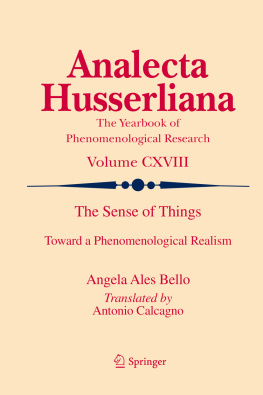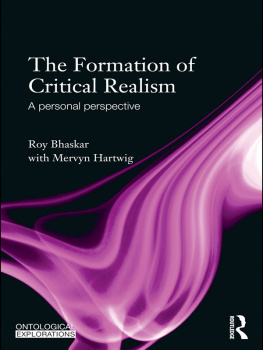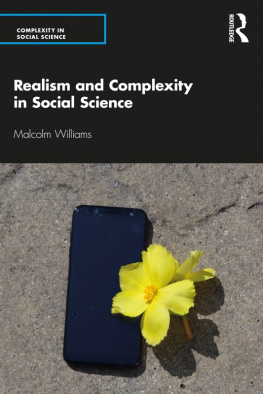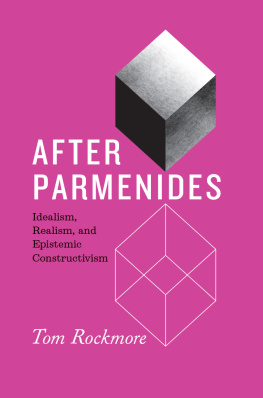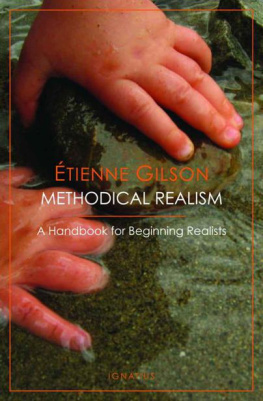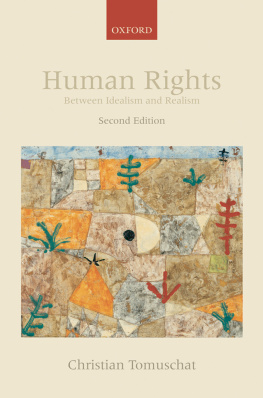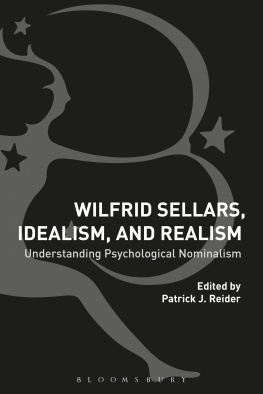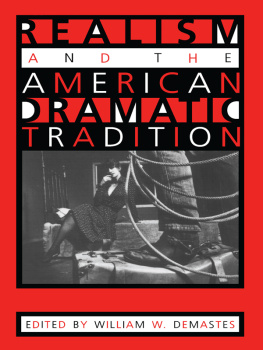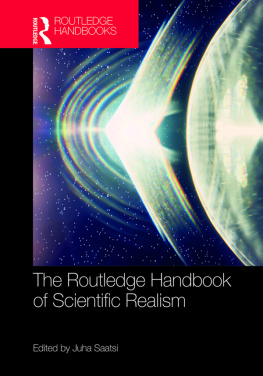1. Epoch , Decision and Motivation
1.1 Method and Decision
The trajectory followed by classic phenomenologyand here I specifically refer to Husserls trajectorybegins with its method. But what is its method and why does it involve a decision? The method grounds itself, first, on a change of attitude. Why should we change our attitude when the very attitude we find ourselves in seems perfectly capable of putting us into direct contact with the reality of things in a seemingly unproblematic manner? We are confronted here with a radical question that distinguishes the person holding a critical attitude, which we traditionally call a philosophical attitude, from the individual who lives by trusting what she or he experiences. We can even ask whether or not, in the case of the latter, it is true that the person always uncritically trusts experience and whether or not some trace amount of critical awareness exists.
Let us accept the aforementioned dichotomy, ultimately reinforcing it with the words of Heraclitus: For many menthose who encounter such thingsdo not understand them, and do not grasp them after they learnt; but to themselves they seem (to understand).
Individuals who have the attitude described by Heraclitus are viewed as sleeping. They do not realize that the meaning of reality must be sought by going further than simply trusting experience: we must enter another dimension, namely, the realm of spirit. All that was said earlier does not mean that sleeping individuals are useless. On the contrary: The sleeping are workmen (and fellow-workers) in what happens in the world, In other words, they do not achieve an understanding of reality.
One could ask whether or not such an operation of overcoming the natural attitude is useful and necessary. Why do we need it? One could respond: we need it in order to understand truth. But what is truth? Why do we not immediately and spontaneously grasp it? Why can we only grasp truth with the eyes of our intellect? What does the intellect seek? It looks for absolute evidence. And what is evidence? It is the fulfilment of some kind of expectation, namely, the ability to know the sense or meaning of things. Is this sense immediately clear? Does not the natural attitude allow us to trust reality? Does it not cooperate with the events of the world? Is a pragmatic attitude not sufficient? Does not doubt about the purported clarity of our knowledge of things ever arise? Realistically speaking, doubt is always present, even when we attempt to pragmatically dispel it. Doubt correlates to the very seeking of evidence: they both refer to one another. It is not surprising, then, that Husserl speaks of these two modalities by placing them into relation with one another in his Analyses Concerning Passive and Active Synthesis: Lectures on Transcendental Logic .
The first thing we need to investigate, therefore, is doubt, which is certainly connected to everyday consciousness, especially at the level of perception. Husserl observes that, at first glance, it is difficult to distinguish the wax figure from a real human being. The distinction only becomes clear through a verification made by the senses. If the first level of our investigation is linked up with the source of doubt, this means that all our knowledge can be exposed to uncertainty and indecision. It is at this point of uncertainty and indecision that western philosophy arises.
In the Republic , Plato observes that human beings are like cave dwellers who live beneath the earth.
I maintain that the important questions about Platos description are the following: How does this series of events happen? Who liberates the prisoner? Is the liberator someone who has been freed and, if so, how did this person come to be liberated? The prisoner was made to get up by force. Why? Is the force internal or external? Plato does not specify because he admits that someone has already liberated himself, namely, Socrates, who by means of his persistent asking to turn our gaze toward the light compels us to stand in the light. Even so, the question once again arises: How did Socrates manage to free himself?
Descartes and Husserl, and Augustine of Hippo before them, give a response to the aforementioned questions: certain potentialities exist within the human being that allow one to liberate oneself, and what guides one here is doubt. Doubt arises even at the bottom of the cave. For Descartes, doubt immediately surrounds the existence of things. For Husserl, doubt begins at the level of perception, despite the fact that one only becomes aware of this at the level of the intellect insofar as it is not possible in certain cases to make a perceptual judgment. One must ask: In these cases, what is doubted related to? Here, we find two paths: first, doubt concerns the existence of the world and, second, there is doubt that throws the natural attitude into crisis. Husserl seeks to challenge Descartes with the latter path. Even if the natural attitude consists of assuming that reality is what gives itself in its existence, the existence of reality cannot be doubted. Positing the world as existing, that is, recognizing the validity of the thesis that the world exists, cannot be countered by an antithesis:
The same material of being cannot simultaneously doubted and held to be certain. In like manner, it is clear that the attempt to doubt anything intended to as something on hand necessarily effects a certain annulment of positing and precisely this interests us. The annulment in question is not a transmutation of positing into counter positing, of position into negation; it is also not transmutation into uncertain presumption, deeming possible, undecidedness, into a doubt (in any sense whatever of the world): nor indeed is anything like that within the sphere of our free choice.
The citation above allows us to see how Husserl distinguishes himself from Descartes: Husserl believes that we are compelled to accept that reality does indeed present itself to us in its existence. One cannot say that reality does not exist; one can, however, change ones attitude in the face of reality. The thesis remains what it is, but we do not make use of it: we bracket it; we place it out of circulation. Husserl, being a fine mathematician, remarks: It is still there, like the parenthesized in the parentheses, like the excluded outside the context of inclusion.
What is the result of such an operation vis--vis the natural attitude? Rather than remaining at the bottom of the cave, one finds in ones very own self the strength to liberate oneself, not only by bracketing the question concerning the existence of the worlda metaphysical concession to Descartesbut also by suspending the validity of all the sciences that refer to the world as well by way of the sciences as they are configured in the modern world. Descartes, then, is only one of Husserls fundamental interlocutors. In reality, Husserls argument is against positivism, which, in its own way, also sought to be without prejudice and, in particular, was against metaphysical knowledge, all in the name of securing the validity of the sciences. But positivism did not make the radical turn away from facts to the essence of facts; rather, positivism understood existence as a pure actuality; it did not investigate the sense of what gives itself. Here we have to pause and ask: Is Husserls view metaphysical? It is not metaphysical in the classic sense, although the primacy of essences opens a pathway to an area of researchnotwithstanding the claim that this pathway remains mainly at the level of knowingthat possesses certain metaphysical aspects, especially when it comes to anthropological or theological questions. These questions do not concern us here for the moment. We wish to investigate the sense or meaning of the decision.

